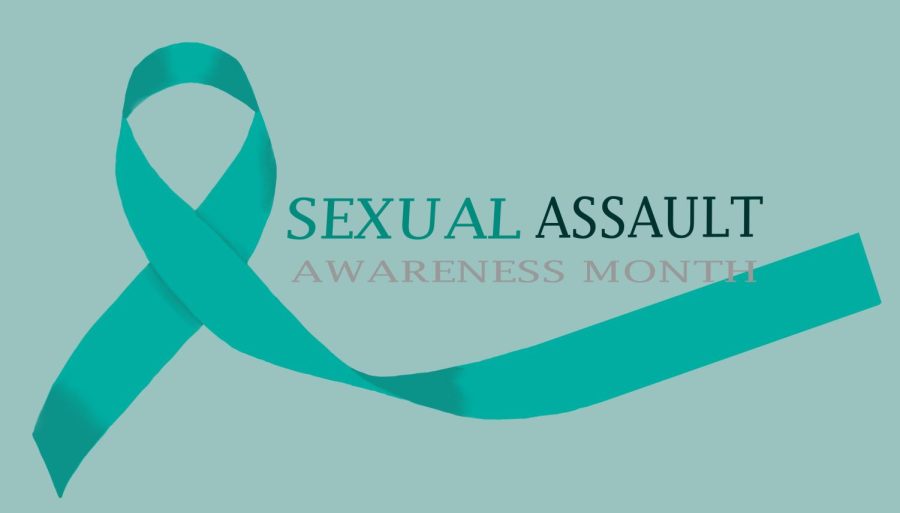Empowerment through programming
April 11, 2023
April is Sexual Assault Awareness Month, which makes students look toward their universities to see how they approach cases of sexual assault on campus.
In section 9.24 of UTSA’s handbook of operating procedures (HOP), their sexual harassment and misconduct policies are available for students’ knowledge. The handbook states that upon filing the claim, “The University will strive to promptly begin the complaint resolution process, adjudicate the complaint, as appropriate, and discipline any individuals or organizations within its control who violate this Policy.”
This section of the handbook is broken down into 14 different parts, starting with the policy statement and ending with endnotes. Arguably, the most important part to note is the procedures. The procedures explain the difference between “reporting sexual misconduct” and “filing a formal complaint” and what courses of action are taken with each one, so it is important to understand the difference. While the HOP is undoubtedly an important tool, its content can be dense. Where UTSA’s resources shine are the month-long programming options for students, like the “What Were You Wearing” exhibit being displayed on campus until April 28.
Additionally, resources and workshops are available to students to raise awareness. UTSA’s website details different prevention partners and their specific services; this includes Equal Opportunity Services, which investigates allegations of sexual misconduct, discrimination and sexual violence. These partnerships exist as vital safe spaces for survivors while promoting clear avenues for reporting and investigating.
Establishing a dialogue around safety and empowerment is two-fold. On one hand, discussing methods for safety through multiple settings helps people to be comfortable in telling their stories and it promotes a safer campus environment. Empowerment comes through programming; when the public is informed, it influences people’s safety. On the other hand, it helps students hold the university accountable for bringing justice to victims. Since UTSA’s dialogue around its sexual misconduct policy can be publicly accessed, students are able to see that the university is staying true to the book and not brushing reports under the rug.
If you or someone you know is facing sexual abuse, please call the National Sexual Abuse Hotline at 1-800-656-4673. The hotline is available around-the-clock and can provide necessary resources for escaping the abuse.













